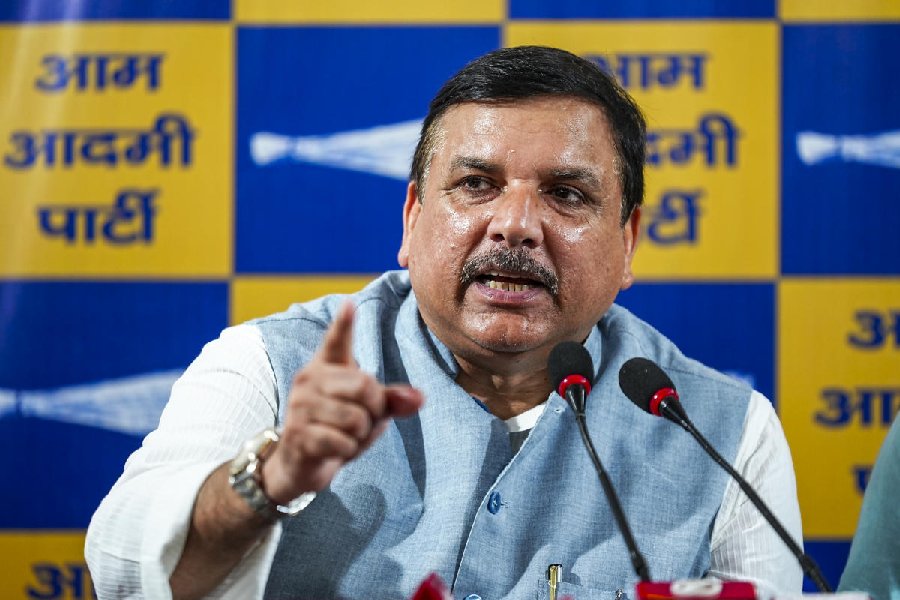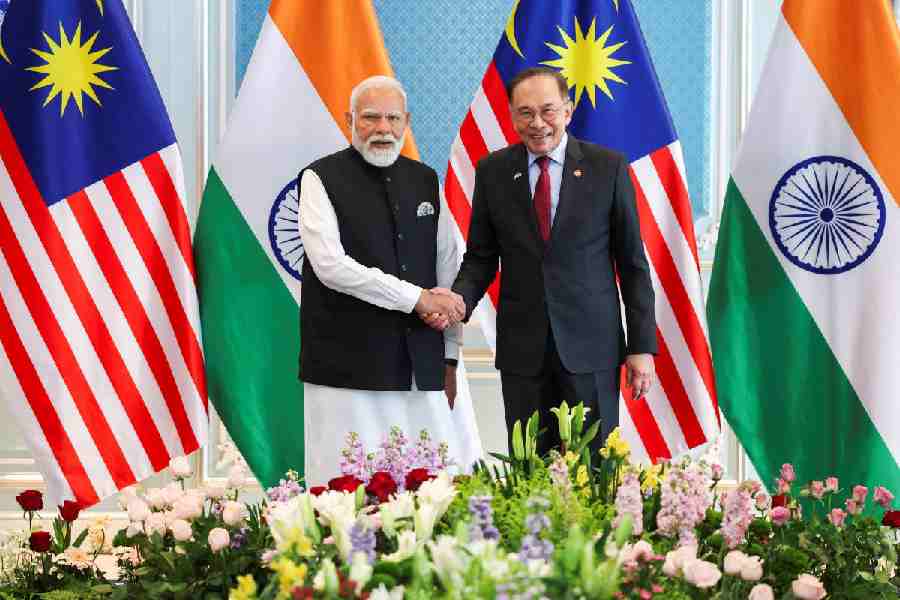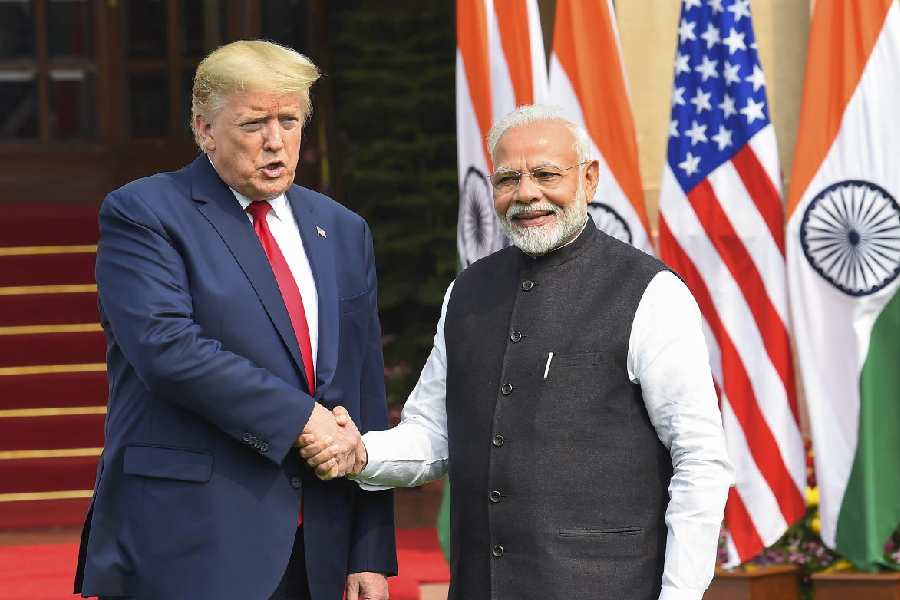It is ironic that the proper functioning of the judiciary should make news. But given the delays, backlog and the innumerable distractions that come in the way of the delivery of justice in India, the event of the judiciary arriving at a momentous decision on four high-profile cases on the same day cannot but be described as fortuitous. Through each of its judgments, which will equally touch the lives of a powerful politician (Samajwadi Party legislator, Amarmani Tripathi in the Madhumita Shukla murder case), senior policemen (Connaught Place shootout), religious fundamentalists (Coimbatore blasts) and wayward civilians (Kanpur riots), the judiciary has reiterated the cardinal principle of a democratic state — that no one is above the law. There is another powerful message in the judgments — justice delayed is not always justice denied. In at least three of the four cases, the verdicts have come at least a decade later. But in all of them, the course of justice has been doggedly pursued, sometimes at the initiation of the higher judiciary itself. In the Madhumita Shukla murder case involving Tripathi, the Supreme Court had ordered the transfer of the court proceedings to Dehra Dun to prevent political influence from jeopardizing the procedure. In a slew of verdicts, reopening of cases and revision of previous judgments for over more than a year the judiciary has not only shown a willingness for self-correction, but also a greater sensitivity to the needs of the wronged.
However, the four cases, all of which may go for retrial in the higher courts, should not distract attention from the fact that for each successful case, there are innumerable others crying out to be heard. There still has not been any significant judgment on the Gujarat riot cases, or in the other high-visibility case of Nitish Katara, leave alone the injustices committed in rural and semi-urban India that never make it to the national consciousness. Speed in the disposal of cases is essential not only to give confidence to the victims but also to make the system of justice appear transparent and efficient to the public. Which is why it is so important that cases which are in the public eye, as that of Rizwanur Rahman, are accorded the urgency they require. A system that takes six years for the simple procedure of a hearing (as in the Chinkara case involving Salman Khan) may appear befuddling to the public.











